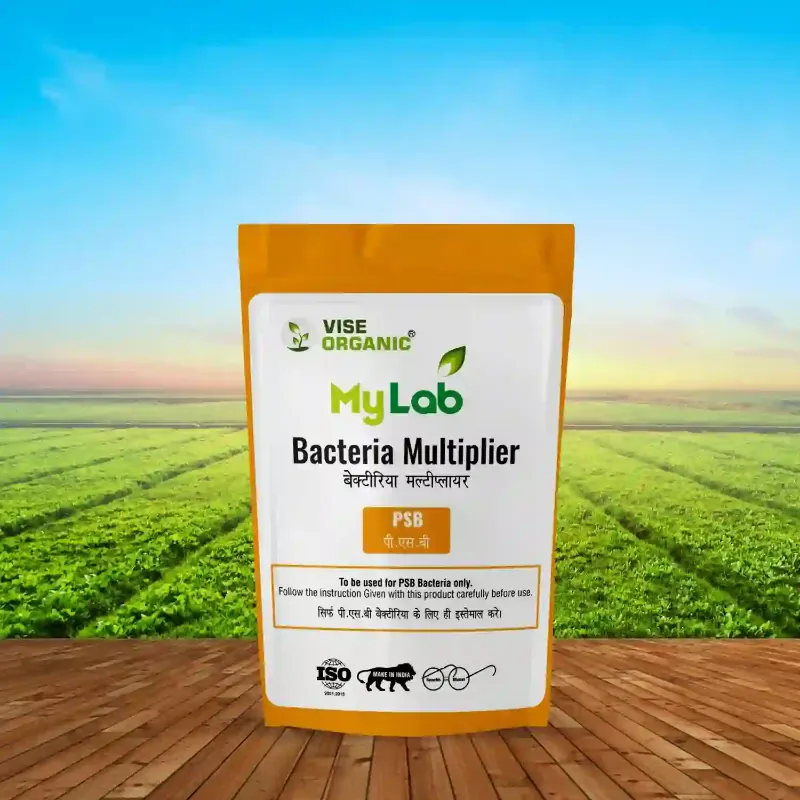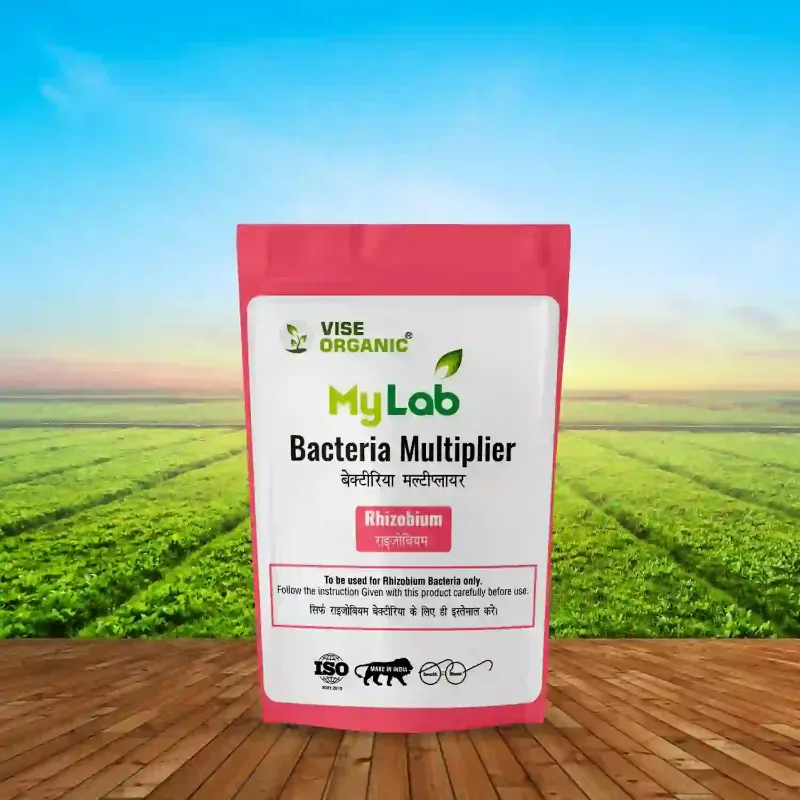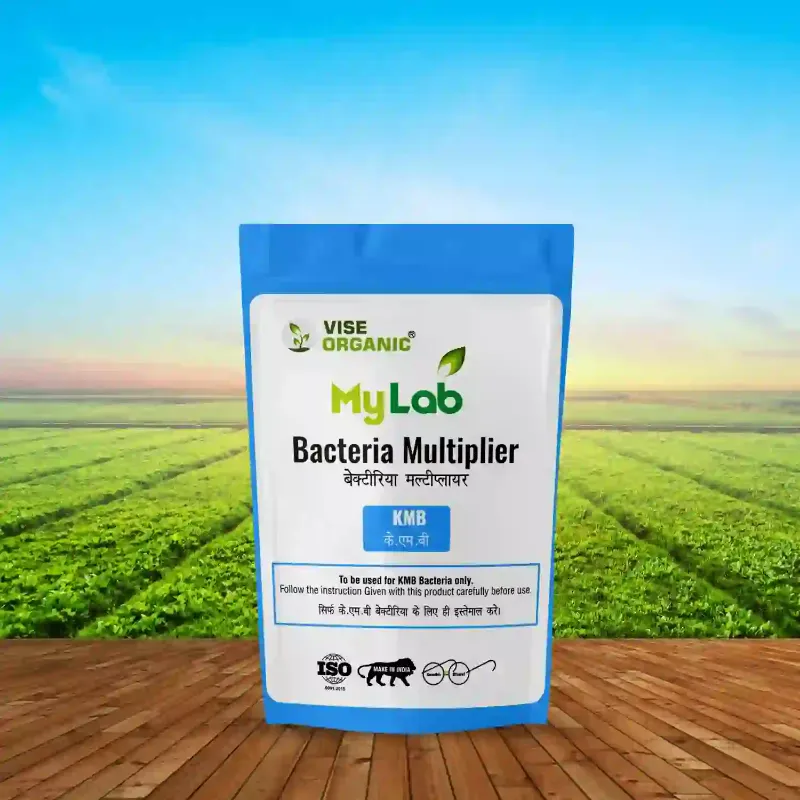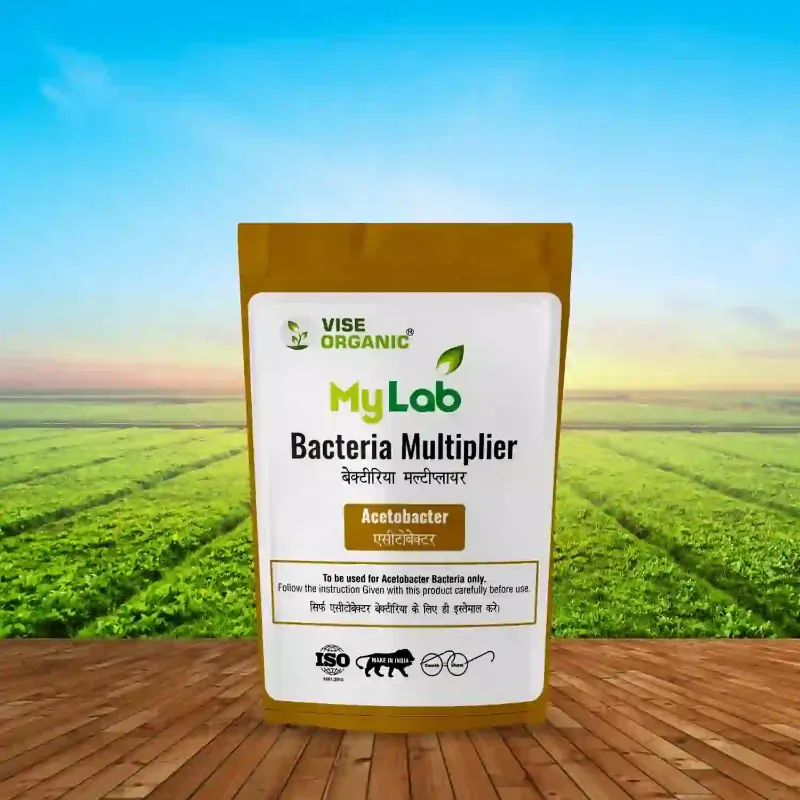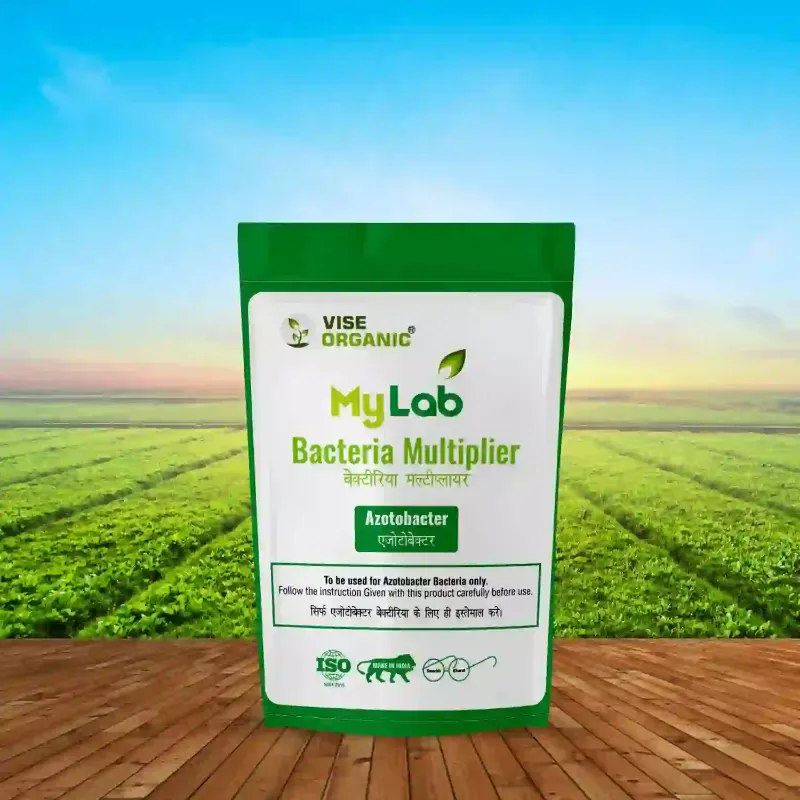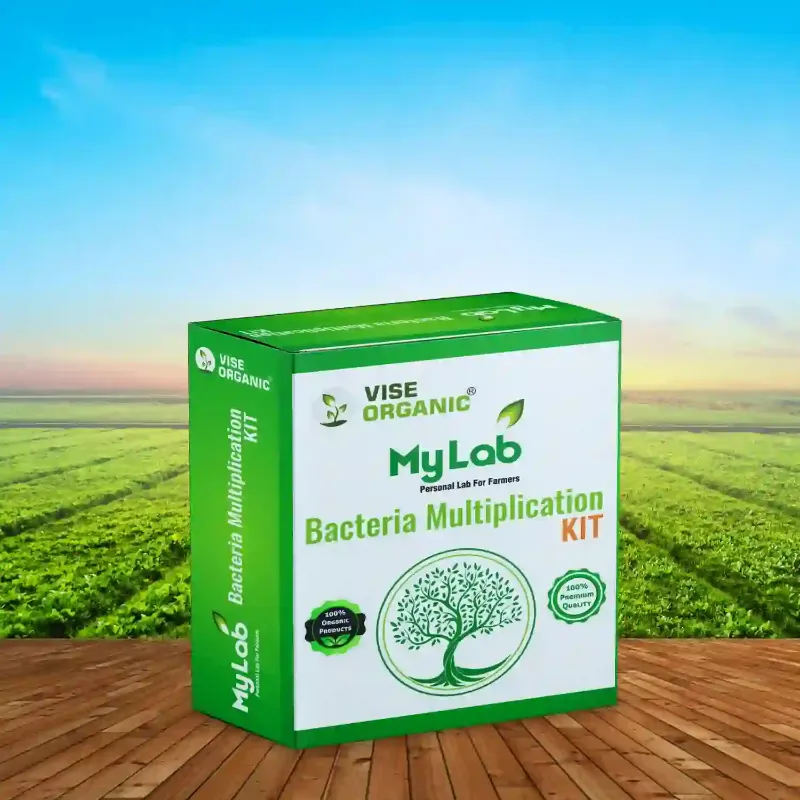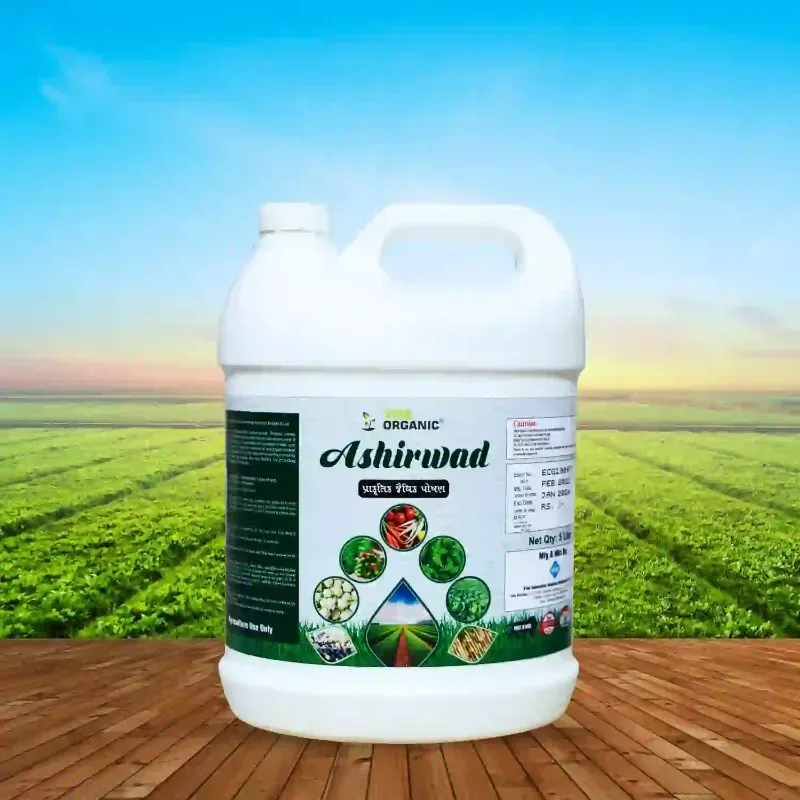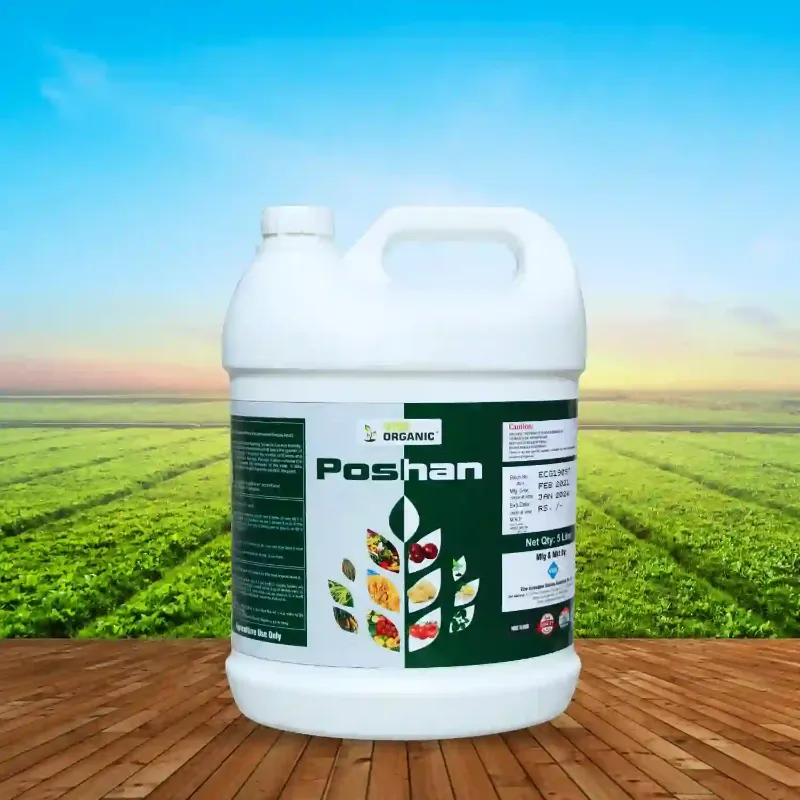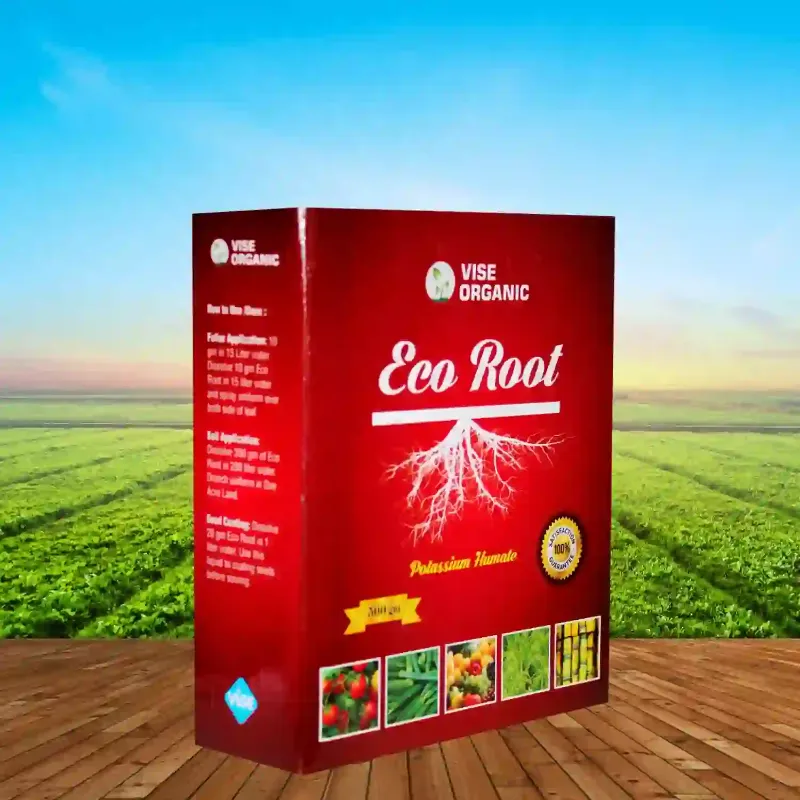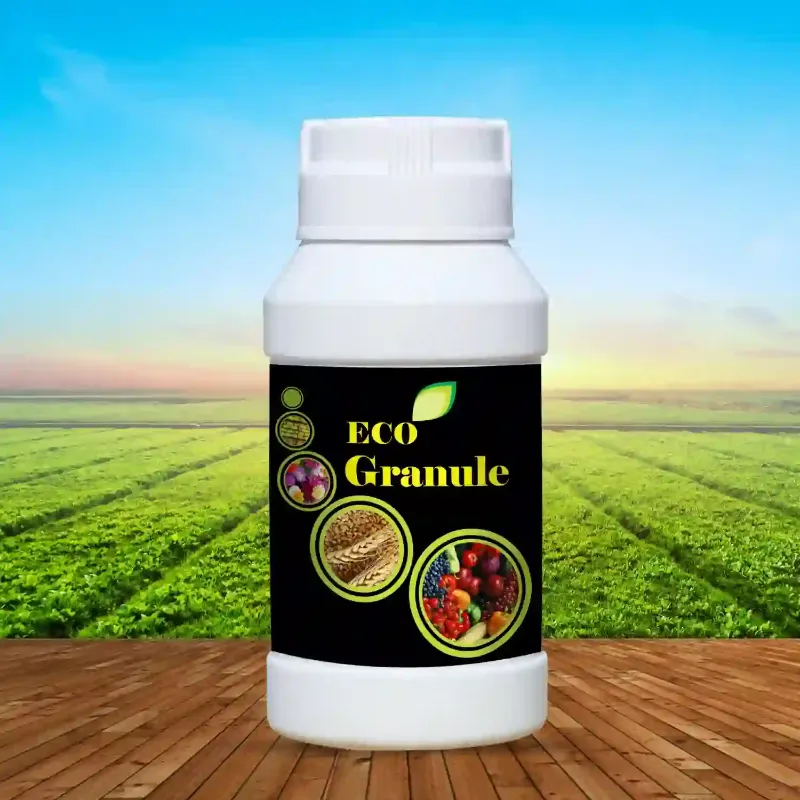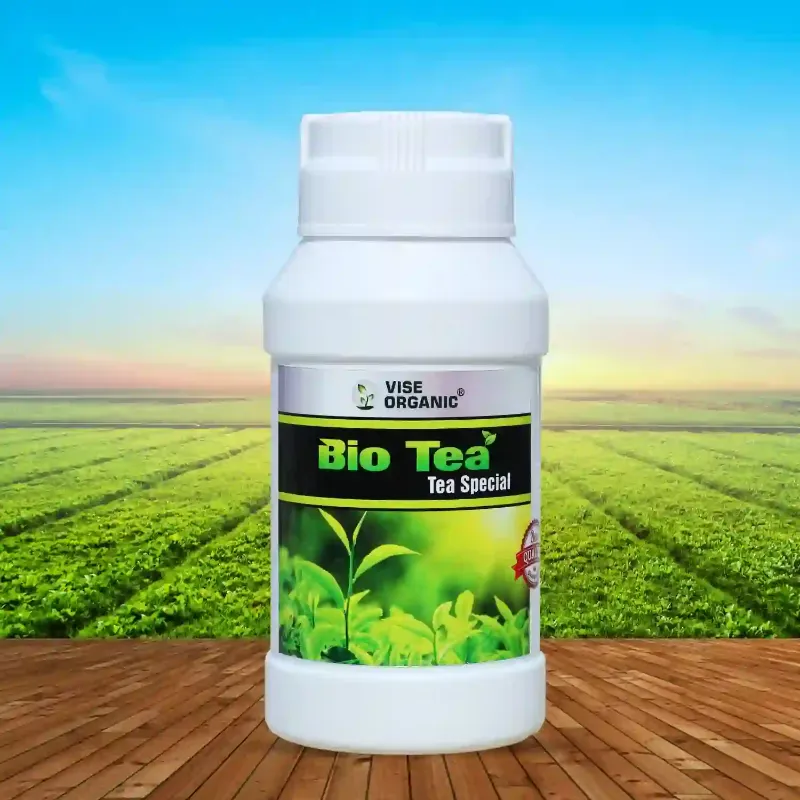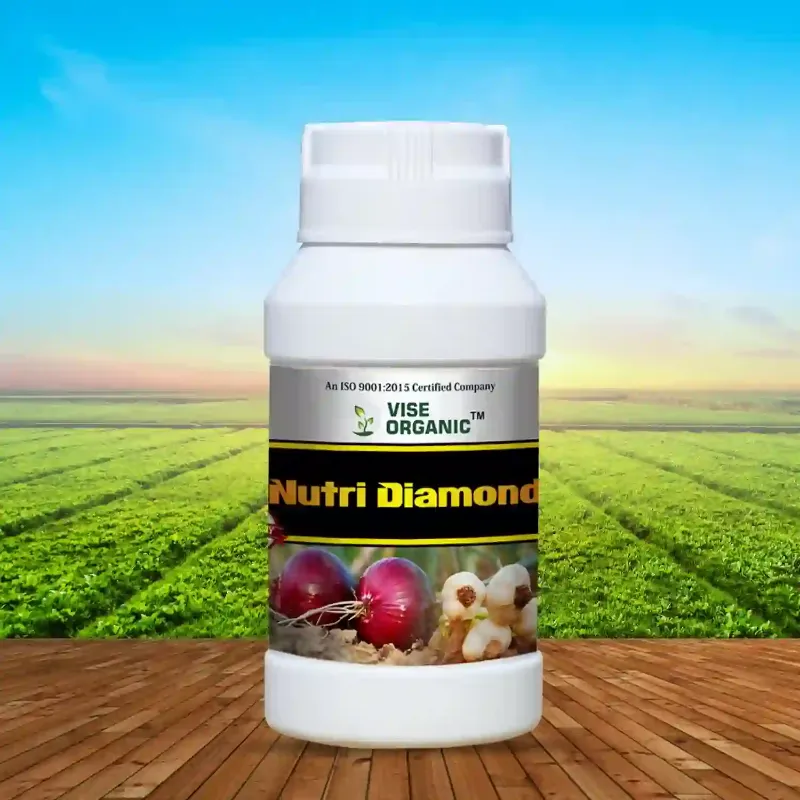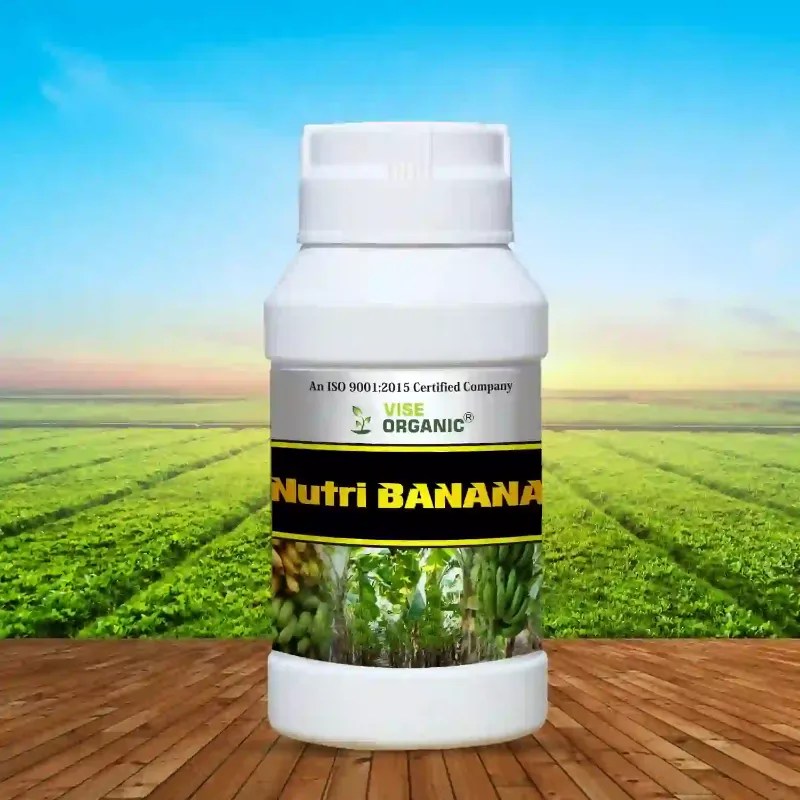Introduction
Vise Organic is at the forefront of sustainable agriculture, offering innovative products that support organic farming practices. Our solutions are designed to enhance soil health and optimize nutrient management, contributing to the overall sustainability of agricultural systems. Vise Organic specializes in developing premium organic agricultural products that promote healthy soil and robust crop growth. Our product range includes natural fertilizers, soil conditioners, and pest control solutions, all formulated to align with organic farming principles. Vise Organic helps farmers boost yields and soil fertility with eco-friendly solutions while ensuring environmental stewardship. Our commitment to quality and sustainability helps farmers grow crops in harmony with nature, ensuring long-term productivity and ecological balance.
Benefits of Organic Nutrient Cycling
- Improved Soil Structure: Organic farming improves soil structure by adding organic matter, boosting aeration, water retention, and root penetration.
- Enhanced Microbial Activity: Organic inputs foster a diverse soil microbiome, essential for breaking down organic matter and recycling nutrients.
- Increased Nutrient Availability: Organic practices boost nutrient availability by promoting natural soil decomposition and mineralization processes.
- Reduced Soil Erosion: Organic farming methods like cover cropping and reduced tillage prevent soil erosion and maintain soil fertility and nutrients.
- Natural Fertility Management: Organic farming uses natural processes, minimizes synthetic fertilizers, and promotes a balanced nutrient cycle.
- Enhanced Soil Organic Carbon: Organic practices increase soil organic carbon levels, which improves soil fertility and nutrient-holding capacity.
- Diverse Crop Rotation: Crop rotation in organic systems prevents nutrient depletion and ensures a balanced soil nutrient profile.
- Lower Pollution Risks: By avoiding synthetic chemicals, organic farming reduces nutrient runoff and pollution, thus protecting water quality and soil health.
How does organic farming enhance nutrient cycling in agricultural systems?
- Organic Matter Addition: Organic farming adds compost, manure, and other organic materials to the soil. Consequently, this enhances nutrient cycling by providing a steady supply of nutrients and, in addition, improving soil structure.
- Microbial Activity: The incorporation of organic materials, moreover, stimulates beneficial soil microorganisms. These microorganisms, in turn, break down organic matter and convert it into plant-available nutrients. The incorporation of organic materials stimulates beneficial soil microorganisms that break down organic matter and convert it into plant-available nutrients.
- Soil Health Improvement: Organic farming practices increase soil health by maintaining a balanced ecosystem of organisms, which supports nutrient cycling and enhances overall soil fertility.
- Reduced Dependency on Synthetic Inputs: By focusing on natural processes, organic farming effectively reduces reliance on synthetic fertilizers. Unlike their synthetic counterparts, which can disrupt natural nutrient cycles and harm soil health, organic methods prioritize sustainability. Consequently, this approach helps maintain soil fertility and promotes a healthier ecosystem.
- Nutrient Recycling: Organic practices promote the natural recycling of nutrients through processes such as decomposition, mineralization, and microbial activity, ensuring that nutrients are available for plant growth over time.
Conclusion
Organic farming boosts nutrient cycling by using natural processes and inputs to enhance soil health and fertility. At Vise Organic, we support sustainable farming by offering solutions that enhance productivity and align with organic practices. Organic farming enhances soil and crop health by incorporating organic matter, boosting microbial activity, and minimizing synthetic inputs. Embracing these principles not only supports a healthier environment but also, consequently, contributes to long-term agricultural sustainability. Moreover, by integrating these practices, we enhance both ecological balance and resource efficiency. Vise Organic supports farmers with innovative products and organic practices to build resilient, nature-aligned farming systems.

